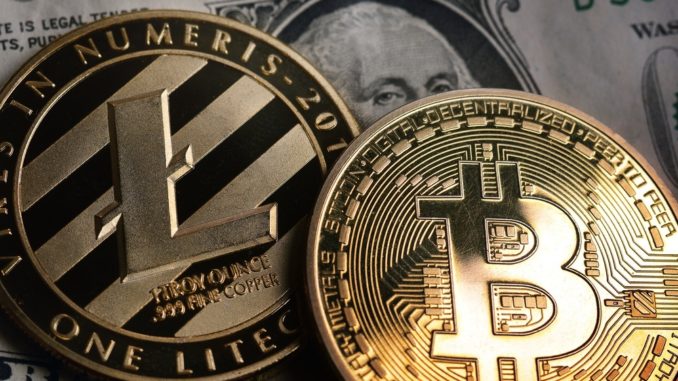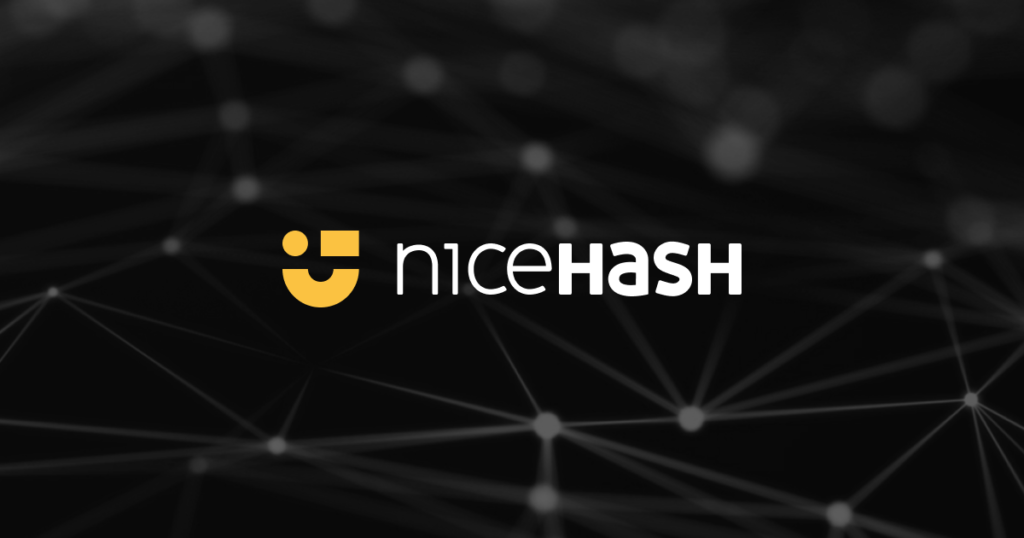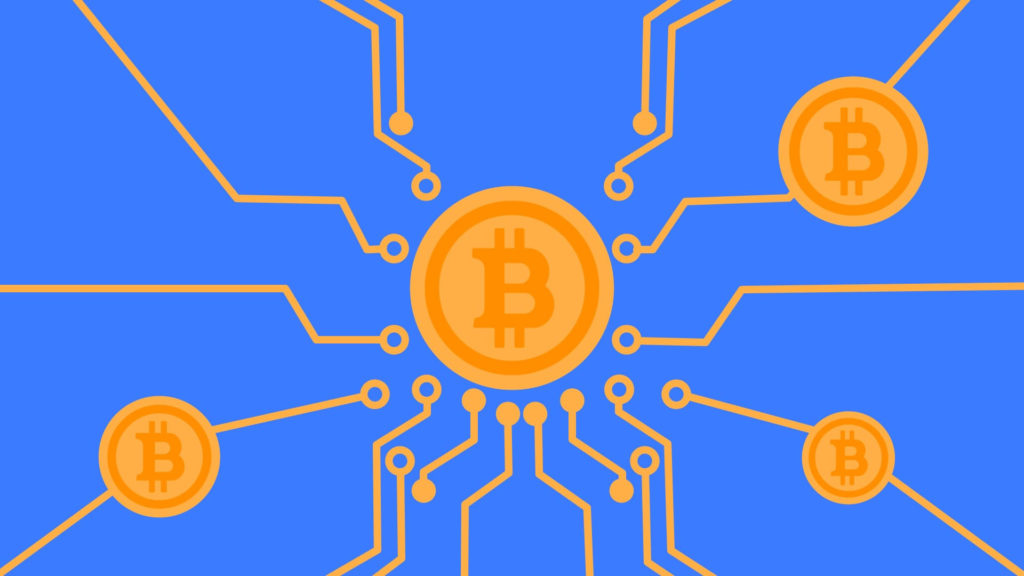In the case of decentralized digital assets, the genie is released from the bottle. Bitcoin or any of the cryptocurrencies will change money forever, transform the global financial system and in the process is very likely to reorganize global geopolitics.
The cryptoeconomic game, first described in Satoshi Nakamoto’s article Bitcoin: Digital Peering Cash, has so far led to a peak value of over $ 300 billion accumulated by a scattered group of people acting in their independent interests.
It is worth a moment to pause and think about what this means: for the first time in at least a 5000-year history of money, a currency produced by transparent, unchangeable and independently verifiable code competes organically on a global scale with both fiat national currencies and traditional means of saving such as gold and silver.
In an age of globalization, people can freely compare Bitcoin and similar inclusive game-theoretic puzzles with alternatives — deflationary top-down currencies or cumbersome physical commodity resources — and rationally choose the first option.
The emergence of cryptocurrency, digital assets, digital gold – call it what you will – was accompanied by extreme volatility, which will continue for at least the next decade.
But in the long run, free money, hard money, such as Bitcoin, will be the preferred option for savings for those who simply want to avoid continual dilution of their capital (if they are so stupid as to keep a substantial portion of it even in the “best” global reserve currencies, such as US dollar).
And when the potential for growth with the accumulation of this new type of savings is sufficiently reduced, people will finally stop speculating and volatility will decrease. Then, not only will it be finally possible to spend it calmly, but it will spread so much that it will be extremely easy to spend.
It could take a decade — maybe more, maybe less. There will be those who will resist change, threatening with force. It is possible that Bitcoin itself will be destroyed or usurped. But be sure that in the free foreign exchange market, free-thinking rational participants will inevitably prefer decentralized money with deterministic rules, and just because of the decentralized nature it will be impossible to stop them. The genie is out of the bottle.













